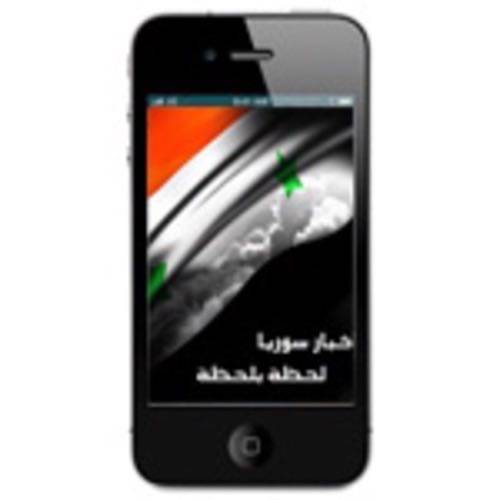Let’s say you’re a Middle Eastern dictator with an atrocious human rights record and repressive domestic policies. Currently, many of your constituents are in the streets, loudly decrying your government calling for you to step down, if not for your execution. In many ways, the situation doesn’t look that different than it did in other countries in the region just before their leaders were overthrown.

Despite a violent crackdown on the protests, the rabble rousers just won’t quit, and they’re using their smartphones to keep in touch and get around your stringent controls on freedom of the press. What ever do you do?
For starters, you could ban the iPhone. That’s exactly what the regime of Bashar al-Assad did today in Syria, in an effort to disrupt growing anti-government protests going on there. The Customs Department of the Syrian Finance Ministry issued a statement saying that “the authorities warn against anyone using the iPhone in Syria,” according to activists on the ground.
Why the iPhone? It’s not the only mobile device being used by Syrian protestors, but it’s a significant one. Activists have been using at least one iPhone-specific app to disseminate information about the uprising and spread sometimes gory photos illustrating the government’s violent response.
Technology Poses a Threat to Dictators, But This is Silly
Syria’s government knows all too well how dangerous mobile technology and the Web can be to its existence. While these revolutions are spurred by real-life, on-the-ground circumstances and grievances, increasingly technology is providing some grease for the wheels.

With this move, we can’t help but be reminded of the time the Egyptian government shut off Internet access in the country amidst the uprising there earlier this year. Of course, not two weeks later, Hosni Mubarak resigned.
In this case, the crackdown seems even more short-sighted, even putting aside the absurdity of logistically trying to enforce such a law. If you ban iPhones, people can still use a wide range of other devices to stay in touch and connect to the Web. If Internet access goes away, people can still use SMS as an organizing tool. Of course, in a country like Syria, shutting down mobile service all together is not a difficult task.





















